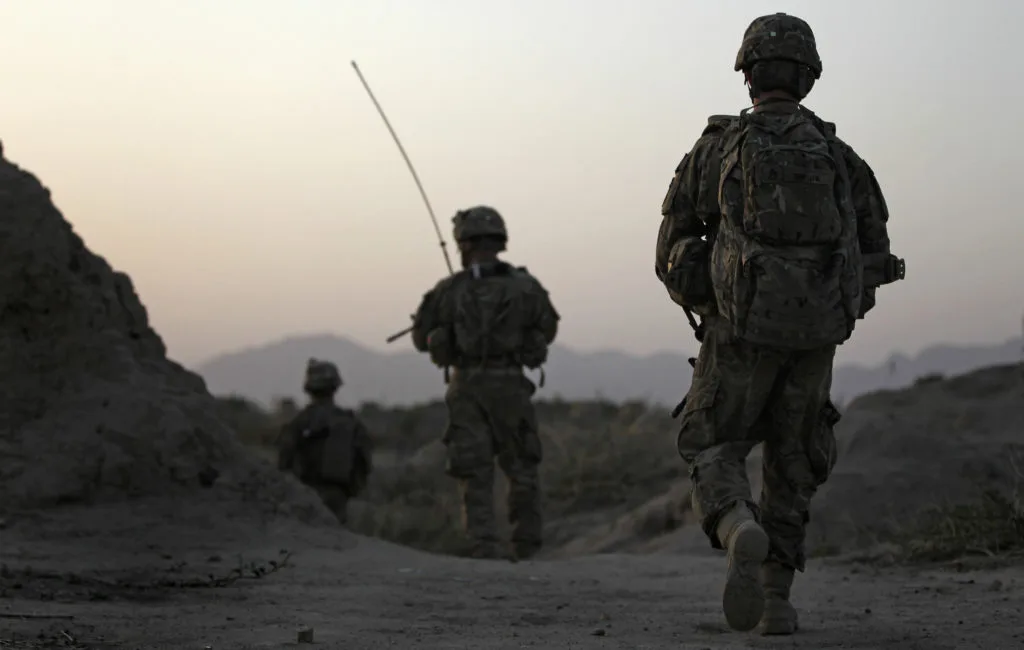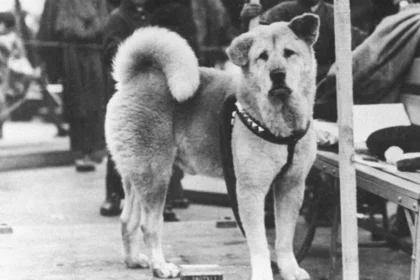The US military will start drug tests on its special forces, including the Navy SEALs and the Army’s Delta Force, Green Berets, and Ranger Regiment, for steroids and further performance-enhancing drugs starting in November.
On Friday, the commander of Naval Special Warfare Command, US Rear Admiral Keith Davids said that the testing was essential to protect the health of troopers and military readiness.
The Navy will be the first to start random testing in November and the US Army Special Operations Command said it will shortly follow suit, although no start date has been scheduled.
The US Air Force and the Marine Corps special forces commands said they have not yet asked for a similar policy of random drug testing.
The usage of steroids and further performance-enhancing drugs has been a limited but continuous issue across the US military, but leaders in the armed forces have baulked at increased testing.
The US military services have done occasional tests when they sense a problem with a particular service member, but they must get certain permission from the Pentagon to do routine, random testing.
Each month, four military units will be selected randomly, and 15 percent of each will be tested, according to the Navy command. That will amount to as many as 200 sailors per month, and those testing positive encounter discipline or removal.
An ambitious aspect of the announcement, which has been in the works for months, was the death of a Navy SEAL candidate early the previous year.
Kyle Mullen collapsed and passed away of critical pneumonia hours after completing the SEALs’ grueling Hell Week test. According to the report, Mullen, from Manalapan, New Jersey, died “in the line of duty, not due to his misconduct”.
Although tests discovered no proof of performance-enhancing drugs in his system, a report by the Naval Education and Training Command (NETC) said he was not screened for some steroids because the required blood and urine samples were not available, and that considerable vials of drugs and syringes were later discovered in his car.
A comprehensive probe by the NETC into SEAL training flagged the usage of performance-enhancing drugs as a considerable issue among those aiming to become elite US commandos and suggested far more robust testing.
Investigations in 2011, 2013, and 2018 into suspected steroid use by SEAL candidates led to discipline and recommendations for enhanced testing.
The latest random testing will require that sailors provide two urine samples. One will be sent to the Sports Medicine Research and Testing Laboratory, a cutting-edge lab operated by international sports to test for doping, and one will go to the Navy Drug Screening Laboratory Great Lakes to check for standard drugs.
If the result is positive, the sailor will be informed, there will be a preliminary probe and if there is no legal cause for the drugs, the sailor will be subject to discipline and removal from the force.




